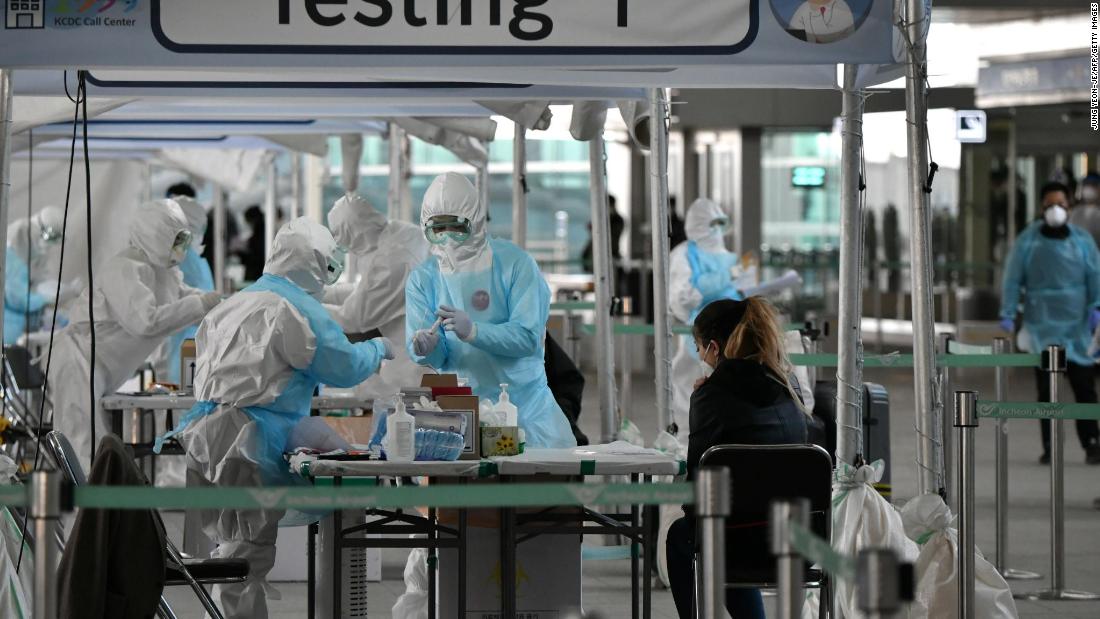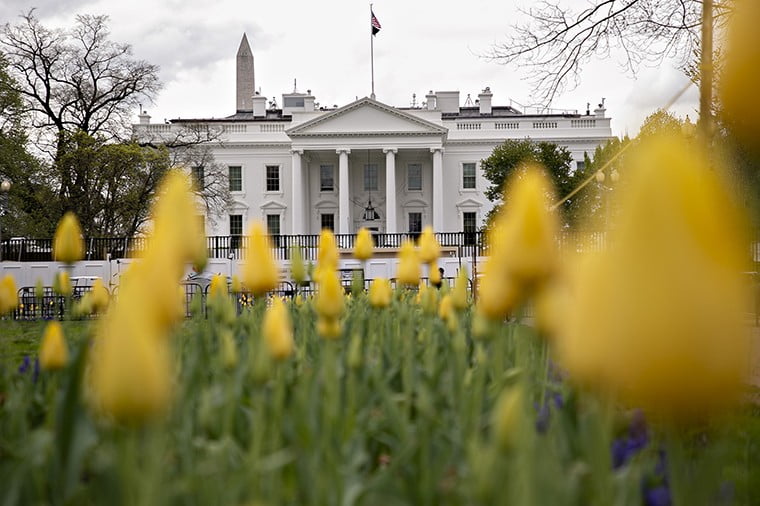Opinion: South Korea listened to the experts
According to the Editor’s note: Dr. Terence Kealey is an adjunct scholar at the Cato Institute and a professor of clinical biochemistry at the University of Buckingham in the UK, where he served as vice chancellor until 2014. The opinions expressed in this commentary are his own.
South Korea, the US and the UK all reported their first Covid-19 cases around the same time: on January 20, January 21, and January 31, respectively. How things unfolded from there, unfortunately for the US and UK, has been strikingly different.
Today, South Korea is reporting fewer than 100 new cases a day, the UK is reporting around 4,000 new cases a day, and the US is reporting around 30,000. But while numbers in South Korea have fallen, in the US and UK they have been rising exponentially
Nonetheless, the great success story is South Korea, and we know how they did it: they tested.
The timeline of the virus: On December 31, 2019, Chinese officials informed the World Health Organization they had identified an unknown pneumonia, and on January 10, with impressive speed, Professor Zhang Yongzhen of Fudan University, Shanghai, published the virus’s RNA sequence — which can be used as the basis of a diagnostic test.
How South Korea responded: By February 4, Kogene Biotech of Seoul had not only developed a test kit but had also had it approved by the Korea Centers for Disease Control and Prevention. And by February 10, was reporting its findings on the first 2,776 people to have been tested.
At that point, there were only 27 confirmed cases in South Korea, so — in another impressive demonstration of speed — the South Korean authorities tested each of them and, more importantly, isolated those who tested positive and monitored their contacts.
How the US responded: In the US and many other countries, however, a lack of testing kits prohibited the identification and isolation of individuals, so whole populations and whole economies have had to close down instead. By comparison, South Korea has been spared that fate partly by the government’s response and partly by the swift reaction of its biotech industry.
CNN



